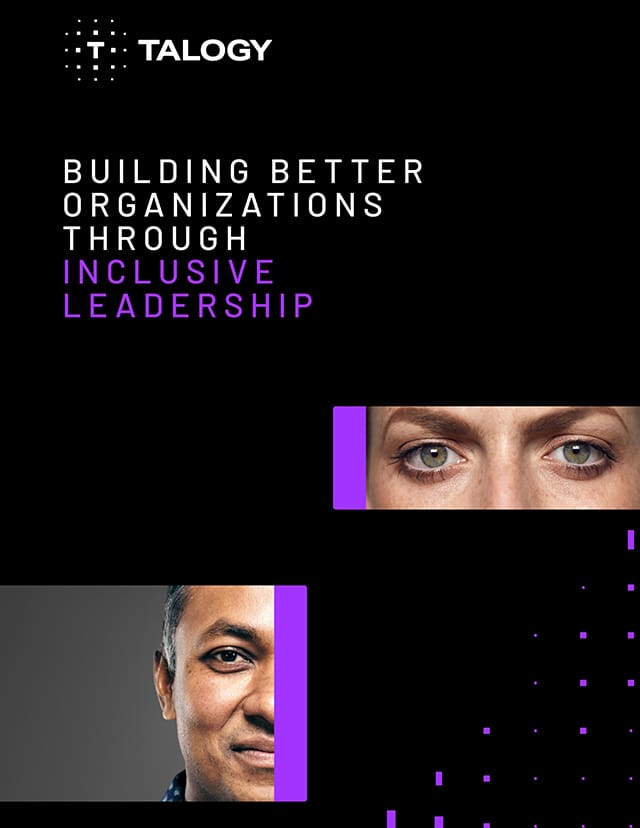Written by Charlotte Dawson-Church
Previously published by PSI Talent Management or Cubiks, prior to becoming Talogy.
International secondments can bring a wide range of benefits, both for employers and employees. They’re an agile way for organizations to fill vacancies, as well as offering excellent opportunities for individuals to develop new skills and experience different cultures.
When the email first popped up in my inbox, I read the words ‘International Cubiks Secondment in Germany’ and after quickly scanning through I had made my mind up within two minutes that it wasn’t for me.
Firstly, I was very happy in my current role working as a Consultant in the Cubiks UK office, and secondly, what would I do without my cat…and soon to be husband?
But for some reason I kept coming back to the email and thinking about how great it could be – a once in a lifetime opportunity to live and work abroad. So I stopped over-thinking it and put my name down.
Four months later and nearing the end of my time in Germany, I strongly believe that international secondments (if organizations are in a position to offer them) are a really fantastic opportunity for both the employee and the employer.
3 Reasons why international secondments are a great idea
1. They can transform the way companies do their resourcing
One of the reasons the secondment opportunity came up was because there was a need for a Consultant at my level to support our office in Germany with what was anticipated to be, a very busy first quarter of the year. As an organization, Cubiks will typically choose to fill vacancies with current employees before they look externally and this is no different for short term, local or international projects. It is simply quicker, cheaper and less risky to hire someone who can step into a role with the necessary skills, expertise and existing knowledge of the business.
Secondments don’t always have to be for long periods of time either, re-locating a current employee for a few weeks or months to support with a resource intensive project, fill a much needed skills-gap, or even cover a busy holiday period, can be the answer to more agile recruitment.
2. They provide excellent development opportunities
One of the reasons I kept being drawn back to the idea of the secondment was the opportunity it would bring for my own personal development. I’d worked in the UK office for nearly 4.5 years when the secondment was advertised, and I was looking for a way to push myself and develop as a Consultant without necessarily wanting to change my role.
The secondment was therefore the perfect answer, allowing me to experience new types of projects, work with diverse client needs and adapt to a different cultural work style, all in the comfort of the same organization. These learnings are all things that I will be bringing back with me to share with my team at home, demonstrating that the development opportunities don’t have to just end with the secondee.
3. They bring international employees together
And I can’t forget about my new team, the colleagues in Germany that I’ve spent the past three months working with. It’s safe to say that I will be leaving here with several new friends, fresh ideas to inspire my work in the UK, and lots of wonderful memories, all thanks to them.
Although I’ve always felt proud to belong to an international organization, the secondment has certainly left me feeling a lot more connected to my colleagues; and my aim is to continue this further, widening my network where possible and finding ways to work with other colleagues (internationally or cross-functionally). It’s a reminder that regardless of the size or geography of your organization, finding even the smallest ways to bring your employees together can have a huge impact!


